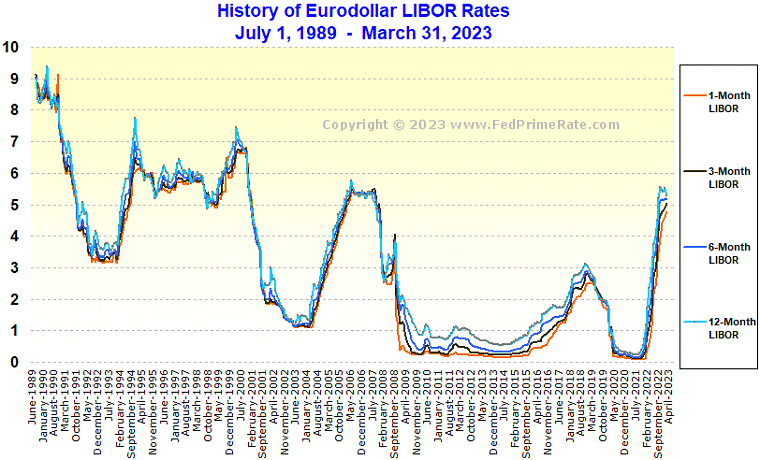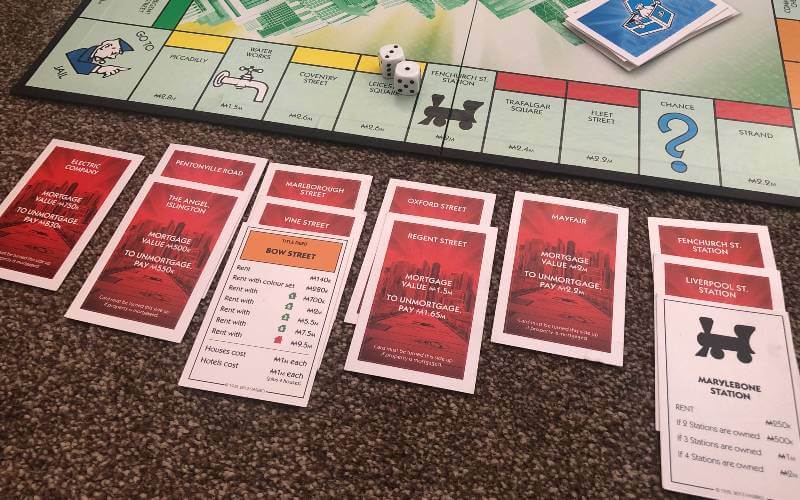If there is no equity in the home, then I would assume she would enable them to take the home if you or any other heirs do not want to keep the house at a reward of. They would arrange to take the house either by Deed in Lieu or through foreclosure but Deed in Lieu is far better for the lender also.
We have seen borrowers who borrowed more in 2005 2007 than their houses are still worth today. That does not make the loan a bad loan those customers received more money than their house is presently worth and were enabled to live in their homes for 7 9 years without having to make a single payment and now that the loan is greater than the existing value of the home, they are not required to pay one cent over the existing worth towards the payoff of the loan.
A lot of them paid interest on loans that were well above the present value of https://cesaratty.bloggersdelight.dk/2021/08/22/the-smart-trick-of-how-to-house-mortgages-work-that-nobody-is-discussing/ the houses when the values dropped and some paid until they might not pay any longer and after that they had no house to live in anymore and no cash to start over. Your mom was guaranteed a house to reside in for as long as she wanted/could and didn't have to pay any month-to-month payments for the whole time she lived there (just her taxes and insurance coverage) (how do reverse mortgages work in utah).
Your mama has actually made no payments on her loan for the last 9 years. Please forgive me; I am not insensitive to your mama's circumstance (what is the going rate on 20 year mortgages in kentucky). It simply was not the reverse home mortgage's fault that the whole economy broke down which home values plummeted. I guess I simply look at it a different way, thank goodness mom had a reverse home loan and not a forward mortgage that may have needed her to lose the home earlier without the defenses that she has actually had.
She can move out at her leisure (another benefit of the reverse home mortgage) and then once she is out and you have actually moved all of her possessions if none of the other household members want the house, just call the servicer and inform them she is out. They will relocate to take the residential or commercial property back and you won't even need the support of an attorney. why is there a tax on mortgages in florida?.
Which Australian Banks Lend To Expats For Mortgages Can Be Fun For Everyone
A "non-borrower" is an individual who resides in the home but whose name is not on the loan documents. Usually, the non-borrower must move when the customer dies unless HUD standards certify them to stay. A "co-borrower" is a person whose name is on the loan documents together with the house owner (candidate).

The sharp recession in the property market has affected countless Americans, and elders are among the groups most affected. This is particularly real of senior citizens who have so-called "reverse home mortgages." This type of home loan can possibly be an excellent way for individuals over the age of 62 to get money out of their homes.
Reverse mortgages are not new. However older homeowners are increasingly relying on them to improve their scenarios later in life, particularly throughout a down economy. These kinds of mortgages, likewise called House Equity Conversion Mortgages (HECMs), allow individuals to withdraw some of their house's equity and get it as a lump amount, in month-to-month payments, as a credit line or a mix of these choices.
Property owners eligible for reverse home mortgages must be at least 62 years old and have to own the property or have a minimal exceptional home loan. The residential or commercial property must be their principal residence and property owners must be without any defaults on federal debts. House owners need to likewise participate in an informational session about reverse mortgages prior to filing any HECM loan applications.
Due to the fact that of a rash of lending institution foreclosures on mainly elderly homeowners holding reverse home mortgages, the AARP Foundation took legal action against the Department of Real Estate and Urban Advancement (HUD), challenging a rule that had the result of contributing to foreclosures. The rule required an heir to pay the complete home loan balance to stay in the house after the debtor's death, even if the amount was more than the marketplace value of the residential or commercial property.
Rumored Buzz on How To Switch Mortgages While Being
Reverse home loans can be pricey and complicated for senior property owners, as they are unique from traditional home mortgages. Likewise, a reverse home mortgage can often deplete all of the equity in the houses if the house owners extend the reverse home loan over too long of a duration. This typically develops where the property owner takes a reverse home mortgage on a presumption of life span, but survives well past the expected death date.
This has been especially real for freshly widowed house owners, and some heirs of debtors, because of lender compliance with an obscure HUD guideline that was set up in 2008. Prior to the rule change in 2008, HUD had actually followed a policy that debtors and their beneficiaries would not owe more than a home's value at the time of payment.
The 2008 rule specified that surviving spouses, in order to keep their houses, had to pay off the reverse home mortgage balance soon after the deaths of their partners. This held true despite whether the surviving spouse's name was on the loan, and despite the home's then-current value.
That scenario, and the associated HUD guideline, is what triggered AARP to take legal action against HUD. AARP formally challenged HUD's action in altering this rule, arguing that it was done arbitrarily by letter, rather than through the needed administrative procedure. The suit further alleged that HUD's guideline change broke defenses formerly enabled widowed partners to prevent foreclosure.
AARP hoped this would avoid more unlawful foreclosures from reverse mortgages due at the time of a customer's death. In April 2011, HUD rescinded the 2008 rule that needed surviving spouses not called on the residential or commercial property's title to pay the full loan amount to keep their houses. The implications of this change are not yet completely clear.

Some Ideas on What Type Of Insurance Covers Mortgages You Need To Know
However it is essential to talk with a knowledgeable property lawyer to know where you stand. Reverse mortgages should offer older homeowners more monetary flexibility, however when they fail this purpose, they can sapphire timeshare sadly leave elderly people both homeless and powerless. Elderly Twin Cities property owners thinking about participating in a reverse home mortgage arrangement need to seek advice from knowledgeable Minnesota realty lawyers like Burns & Hansen, P.A. mortgages what will that house cost.
In addition, if you currently have a reverse home loan on your home, you should discuss your circumstance with a lawyer experienced in these types of home loans to make certain you and your partner are protected if one you dies or if your home loses equity due to the fact that of the downturn of the genuine estate market.
A reverse home mortgage is a method bahamas timeshare for property owners ages 62 and older to utilize the equity in their home. With a reverse mortgage, a house owner who owns their home outright or a minimum of has substantial equity to draw from can withdraw a portion of their equity without having to repay it up until they leave the home.